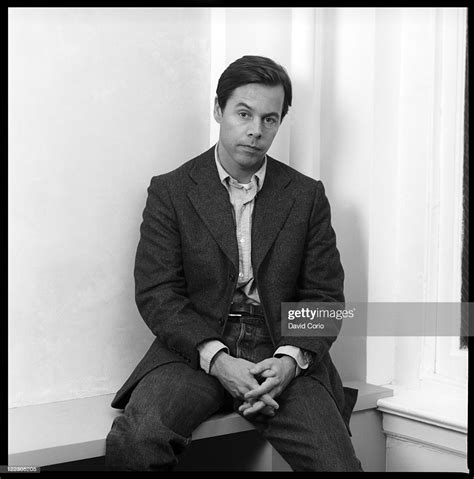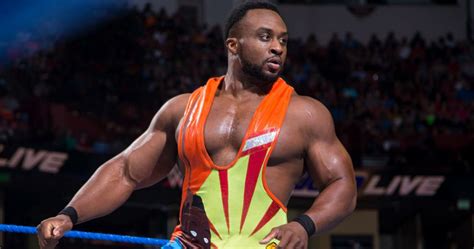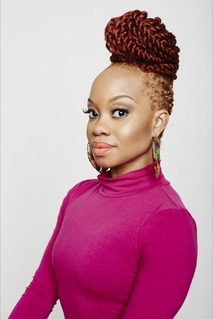A Quote by Quincy Jones
The climate in the '50s and '60s for black performers or black people in the entertainment business was atrocious. It was atrocious.
Related Quotes
As a black person on the outside, because there's so much black art and so much of black people's work circulating, so many people imitating what black people do, you would think that there'd be more black people on the business side. It didn't cross my mind that every label head, for the most part, is a white guy.
I foresee that man will resign himself each day to more atrocious undertakings; soon there will be no one but warriors and brigands; I give them this counsel: The author of an atrocious undertaking ought to imagine that he has already accomplished it, ought to impose upon himself a future as irrevocable as the past.
There isn't only one way that black art or entertainment is represented, and that's the most important thing. We're permeating every style. We're claiming and, when necessary, appropriating all kinds of forms. Nothing is forbidden, because it's not what black people do: because it's not what we think of as black art.
I think it's important for people to understand that dance, movement, choreography is about an experience and entertainment but it's also about perception and a lens. So when we're talking about a Black female's experience through a Black female's lens, that's going to be totally different from a Black female's perspective through a Black male's lens.



































